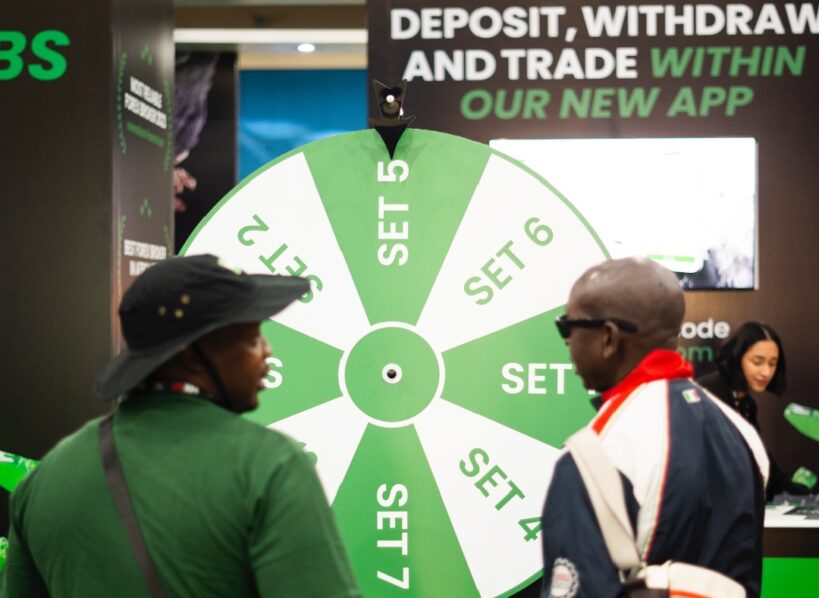
In the era of digital finance, data protection, and fund safety are more than simply buzzwords. They are the bedrock of trust for dealers in online foreign exchange, highlighting this subject’s importance. In a world where breaches are more common and advanced, brokers face growing pressure to strengthen their defenses and protect client data. This article explores the steps of top forex brokers, such as FBS, to protect client information and money. It reviews the company’s security policies by comparing them to industry norms and reviewing potential dangers.
The Forex Security Landscape
The FX market, which has a mind-blowing $6.6 trillion in daily trades, is the biggest financial sector worldwide and a common target for cybercrime. Because of the high stakes in the context in which brokers operate, having strong security is essential. FBS and other brokers face this fact, which drives their ruthless pursuit of security.
FBS’s Security Arsenal
Like many forex brokers, FBS has a multi-layered approach to security. The company transmits data using SSL encryption, and accounts are accessed using two-factor authentication. Client funds are kept in separate accounts from operating capital. These measures align with industry standards.
However, the devil is in the details. FBS claims to use ‘advanced encryption,’ but it needs to provide precise information on its website. For instance, it should define encryption methods, such as AES or RSA. The lack of clarity can be a concern for security-conscious traders, as they cannot test the strength of FBS’s data protection measures.
Regulatory Compliance and Fund Protection
FBS functions under many regulators, including CySEC in Europe and the ASIC in Australia. These regulators mandate precise security standards and fund protection schemes. For instance, CySEC-regulated entities must join the Investor Compensation Fund, which provides some safeguards in case of broker default.
The fragmented nature of forex regulation means that the level of protection can vary depending on which FBS entity a client is trading with. For instance, the rules may differ for FBS branches in Asia, Africa, or other regions. Traders need to be aware of this.
Industry Comparison and Best Practices
FBS’s security measures appear adequate but need beefing up. The best brokers often go beyond basic encryption and two-factor authentication. They use biometric verification, AI-powered fraud detection, and regular third-party security audits.
Moreover, transparency about security practices is becoming an industry standard. Brokers, like Interactive Brokers and Saxo Bank, provide details about their security, which is crucial in helping clients make informed choices and stay updated with industry standards.
Risks and Challenges
Despite the safeguards, several challenges remain in ensuring complete security:
- The security landscape is not static. It’s dynamic. Cybercriminals are ever-evolving, creating new attack vectors. The industry’s constant system updates should give traders a sense of security, knowing their brokers are always one step ahead.
- Human error. Social engineering or employee mistakes can compromise even the best technical defenses.
- Third-party risks. Brokers often rely on external service providers for various functions, such as data storage or payment processing. While these partnerships can be helpful, they can also make the broker vulnerable. If a third-party service provider encounters a security breach, it could compromise the broker’s systems and data.
- Regional disparities: Varying regulatory requirements across regions can create differences in security standards.
Conclusion
FBS has standard security measures, but the company can improve transparency and use cutting-edge security tech. As a savvy trader, you can demand the best security measures. Forex is changing, and brokers must keep up with new threats and inform you about their security practices.
For clients, the onus remains on conducting thorough due diligence. Understanding a broker’s security, regulation, and track record is crucial. It empowers you to take control of your security and safeguards your assets in the unpredictable world of forex trading.






